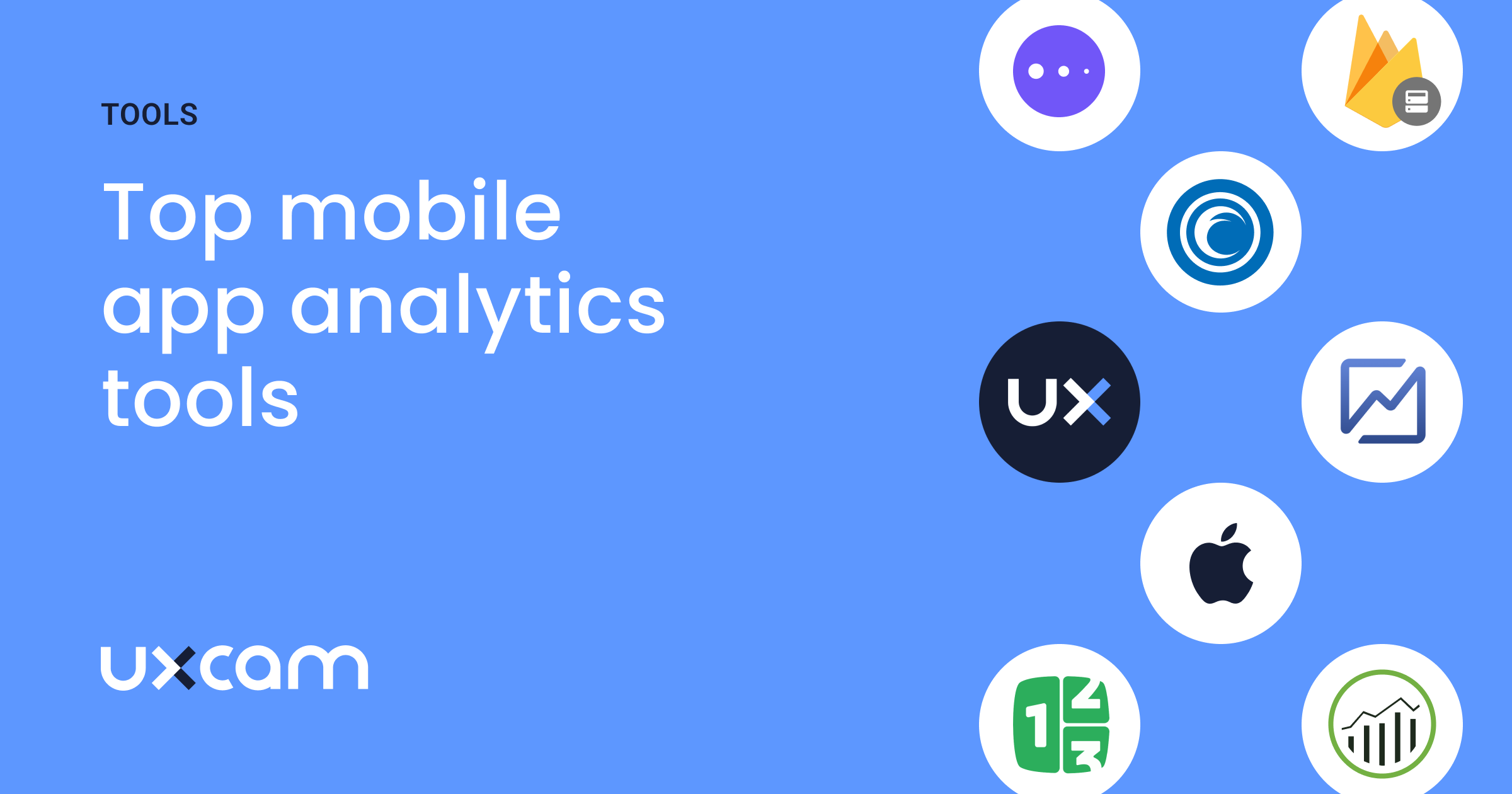Drive Growth and Innovation Through Smart Analytics Applications
Drive Growth and Innovation Through Smart Analytics Applications
Blog Article
Optimize Growth: Just How Analytics Drive Better Approaches
By utilizing information understandings, organizations can fine-tune their operational techniques, prepare for market changes, and enhance consumer interaction. The obstacle exists not just in collecting data yet in efficiently translating it to drive substantial end results.
Understanding Information Analytics
Data analytics is a systematic computational analysis of data that allows companies to uncover meaningful patterns and insights. This process includes a range of methods, consisting of analytical evaluation, predictive modeling, and information mining, which collectively intend to change raw information right into workable information - Analytics. By employing these methodologies, organizations can make informed decisions that are rooted in empirical evidence instead of intuition alone
The foundation of data analytics hinges on its ability to handle vast amounts of details from diverse sources. This consists of organized information, such as data sources, and disorganized information, consisting of social media sites communications and client feedback. Through using specialized software and devices, experts can remove and refine this data efficiently, identifying fads and relationships that might not be immediately noticeable.
Recognizing data analytics likewise includes acknowledging the importance of data high quality and integrity. Trustworthy and precise data is critical for significant analysis; thus, companies need to implement durable information governance practices. Furthermore, the repetitive nature of analytics enables constant improvement and enhancement of strategies, ensuring that organizations continue to be active in the face of transforming market dynamics and customer behavior.
Secret Advantages of Analytics

One of the crucial advantages of analytics is its capability to offer workable insights. Organizations can swiftly examine substantial quantities of information, discovering patterns that may not be quickly apparent. This helps in expecting market changes and adjusting approaches accordingly. Additionally, analytics promotes a society of evidence-based decision-making, reducing dependence on instinct and uncertainty.
An additional considerable benefit is enhanced client understanding. Analytics tools allow companies to segment their target market, track customer behavior, and personalize advertising and marketing initiatives. This targeted method not only enhances customer engagement yet likewise drives higher conversion prices.

Implementing Analytics Approaches
To completely understand the advantages of analytics, companies have to adopt structured approaches for implementation. This starts with plainly defining objectives that line up with broader company goals. By establishing details, measurable results, companies can focus their analytics initiatives on areas that generate the highest possible roi.
Next, organizations need to prioritize data administration to ensure the integrity and safety of the data being evaluated. This discover here includes establishing up methods for data collection, storage, and gain access to while sticking to relevant regulations. Guaranteeing top quality information is crucial for generating significant insights.
Moreover, promoting a culture of data-driven decision-making is important. This needs training workers to translate analytics findings and encouraging partnership throughout departments. They are much more most likely to integrate insights into their daily operations. when teams comprehend the value of analytics.
Lastly, organizations need to regularly examine and refine their analytics techniques. The landscape of data and modern technology is continually developing, and remaining adaptable will enable organizations to utilize brand-new devices and methods efficiently. By executing these organized approaches, companies can make the most of the impact of their analytics campaigns and drive sustainable growth.
Devices for Efficient Analysis
Reliable analysis depends on a range of tools that promote the extraction of understandings from information - Analytics. These devices can vary from easy spread sheet applications to advanced device finding out platforms, each offering a special purpose in the logical process
Information visualization software, such as Tableau and Power BI, plays a critical role in changing intricate datasets right into easy to understand graphical depictions. These devices allow analysts to determine patterns and patterns quickly, enabling basics even more informed decision-making.
Analytical evaluation software program, like R and SAS, provides sophisticated capabilities for performing extensive evaluations, consisting of regression, theory testing, and anticipating modeling - Analytics. These functions encourage organizations to draw significant verdicts from their data, determining possible possibilities and risks
Additionally, data source management systems such as SQL and NoSQL databases offer the needed framework for keeping and quizing large volumes of data effectively. They make sure that data is organized and easily accessible for evaluation.
Last but not least, organization knowledge systems integrate numerous data resources, giving a thorough sight of business efficiency. By making use of these tools successfully, you can look here businesses can enhance their analytical capabilities, enabling them to create strategies that take full advantage of growth and improve overall efficiency.
Study of Success
Effective organizations often leverage information analytics to drive impactful approaches, as confirmed by several significant case research studies. By employing these insights, Netflix has actually successfully customized its content suggestions, resulting in boosted individual involvement and customer retention.

Additionally, Starbucks employs information analytics to identify ideal shop areas and refine its product offerings. By analyzing client demographics and acquiring patterns, Starbucks successfully determines high-potential markets and customizes its food selection to neighborhood preferences, driving sales and client loyalty.
These study highlight that reliable use of data analytics can result in tactical advantages, promoting advancement and development within organizations across various industries.
Conclusion
In final thought, the combination of analytics right into business techniques significantly improves decision-making processes and cultivates lasting growth. The reliable application of analytics tools even more sustains agility and innovation, making it possible for organizations to browse competitive landscapes with greater precision.
Data analytics is a systematic computational analysis of data that makes it possible for organizations to uncover meaningful patterns and insights.Understanding information analytics likewise entails acknowledging the importance of data quality and stability. Trustworthy and accurate data is vital for significant evaluation; thus, companies must execute durable information governance techniques.Next, organizations must focus on information administration to make sure the honesty and safety and security of the information being analyzed.Successful companies typically utilize data analytics to drive impactful techniques, as shown by numerous noteworthy situation researches.
Report this page